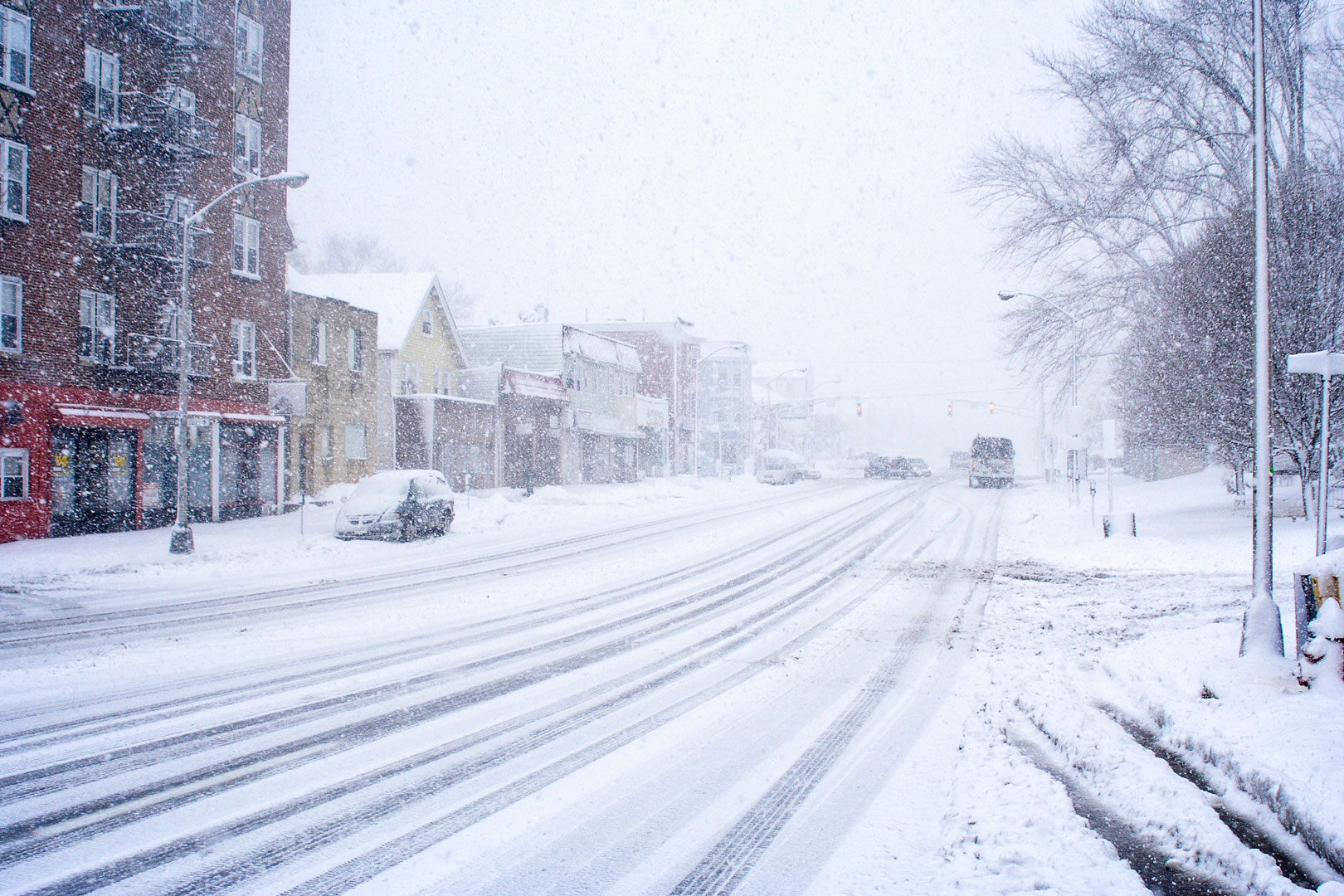National Preparedness Month reminders

Natural disasters are on the rise in America. According to the National Safety Council, there were 61,105 weather-related events in 2021. Winter weather, heat and floods resulted in hundreds of deaths. National Preparedness Month (NPM) is an observance recognized each September to raise awareness about the importance of preparing for disasters and emergencies that could happen at any time and sometimes with little warning.
The Federal Emergency Management Agency (FEMA) created NPM three years after the September 11 attacks to encourage every American to plan for emergencies. September was chosen for both its historical significance and because it’s the peak of the Atlantic hurricane season. This year’s national theme was “A Lasting Legacy.”
Douglas County has some safety guidelines for events such as wildfires, floods, and severe winter weather. Remember the bomb cyclone from a few years ago?
Taking the following steps and being ready for any unexpected event can create a more orderly and rapid response during any weather condition. Below are tools and guidelines for your consideration:
Take personal responsibility and track local weather conditions. Visit radarweather.gov or weather.com/maps/usdopplerradar.
Sign up for CodeRED and register every family member to receive local public safety alerts via telephone, text message and email directly from Douglas County. Visit public.coderedweb.com.
Develop a family emergency communication plan. Plan a place to muster outside your home in the event of an evacuation.
Build an emergency kit and have provisions on hand. Being prepared means having enough non-perishable food, water and other needed supplies including flashlights, a radio, and extra batteries to last for days.
Download the Douglas County Disaster Preparedness Guide for more helpful tips, especially recommendations for family members with disabilities, pets and livestock. For full instructions, visit dcsheriff.net.
To learn more about how to reduce risks to life and property, visit ready.gov or call 1-800-BE-READY.
By Julie Matuszewski